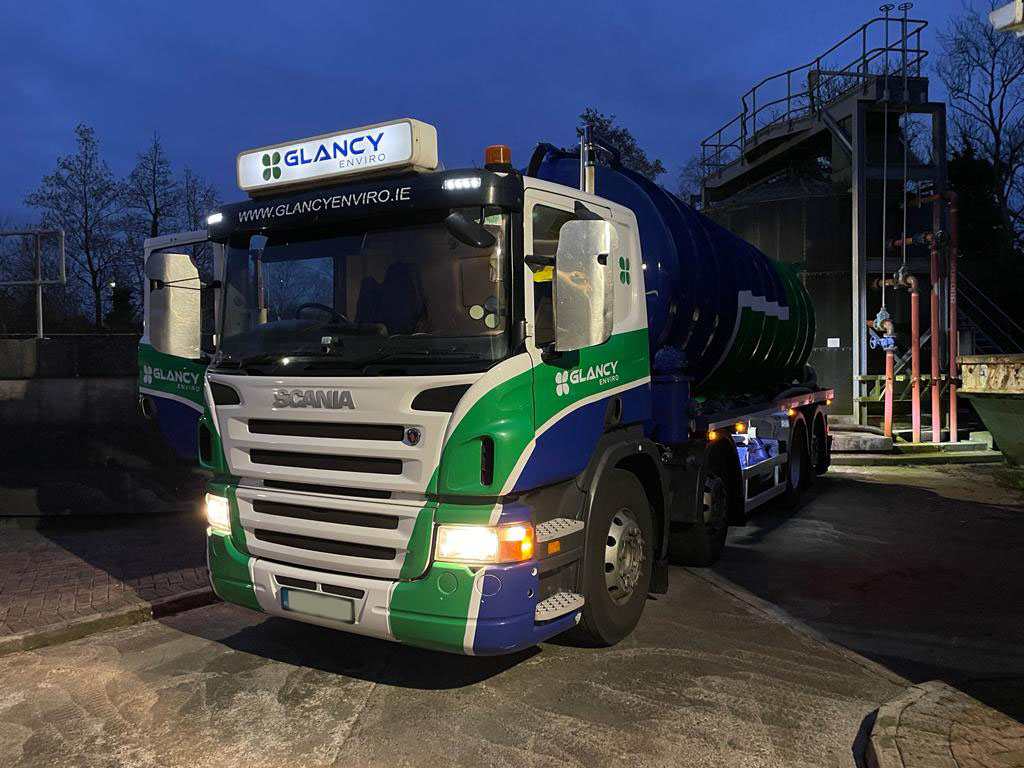What Does Reclaim Waste Do?
What Does Reclaim Waste Do?
Blog Article
The 7-Second Trick For Reclaim Waste
Table of Contents6 Simple Techniques For Reclaim WasteReclaim Waste Can Be Fun For EveryoneNot known Incorrect Statements About Reclaim Waste Everything about Reclaim WasteRumored Buzz on Reclaim Waste
Check out the types, occurrences, and types of liquid waste. Residential sewage waste describes the waste and items from a household septic system. This sort of waste is produced by humans in residences, institutions, and various other structures. This only includes septic systems that have a drainpipe area. The correct management and disposal of residential sewage waste need fluid waste to be moved to a sewage therapy plant where the proper approaches and tools are put on detoxify and get rid of waste.
Commercial waste frequently consists of possible threats, such as flammable products or a blend of fluid and strong waste products, and needs an advanced and in-depth disposal procedure. The disposal of industrial waste typically includes the purification of waste before transport to make sure risk-free and proper disposal. Industrial waste is developed from byproducts and overflow of industrial processes and production.
This kind of waste can not utilize the same sewage administration transport or procedures as septic or business liquids. The commercial waste administration process requires the inspection and testing of fluid waste prior to it undertakes the disposal process (industrial wastewater treatment). Drainage waste is the fluid waste that comes from drainage and excess stormwater in highly inhabited locations or cities
Overflow waste can create contamination and flooding if not dealt with appropriately. Find out more about sewage system cleaning and waste management. Guaranteeing proper waste monitoring can avoid catastrophes and reduce environmental damage. Both people in domestic settings and experts in commercial or manufacturing industries can take advantage of comprehending the procedures and regulations of liquid waste administration.
Little Known Facts About Reclaim Waste.
Call PROS Providers today to discover regarding our waste management and disposal solutions and the proper means to look after the fluid waste you generate.
(https://reclaimwaste1.weebly.com/)This supposed 'wastewater' is not only a crucial resource but, after therapy, will certainly be launched to our land, rivers or the ocean. Utilized water from toilets, showers, bathrooms, cooking area sinks, washings and industrial processes is recognized as wastewater.

water utilized to cool equipment or tidy plant and tools). Stormwater, a kind of wastewater, is drainage that streams from farming and metropolitan locations such as roofs, parks, yards, roads, courses and gutters into stormwater drains, after rain. Stormwater flows without treatment directly to local creeks or rivers, ultimately getting to the ocean.
Reclaim Waste Can Be Fun For Everyone
In Queensland, many wastewater is dealt with at sewage therapy plants. Wastewater is transferred from residential or commercial websites with a system of sewage systems and pump stations, recognized as sewage reticulation, to a sewer therapy plant. City governments build, maintain and run most sewage therapy plants. Operators are certified under the Environmental Defense Act 1994 to release cured wastewater at an acceptable environmental requirement right into rivers.
The Department of Natural Resources encourages city governments about managing, operating and preserving index sewerage systems and therapy plants. In unsewered locations, neighborhood federal governments may need owners to set up individual or home sewage therapy systems to deal with residential wastewater from toilets, kitchens, bathrooms and laundries. The Department of Natural Resources authorizes using family systems when they are verified to be efficient.
Many stormwater gets no treatment. In some new class, therapy of some stormwater to get rid of clutter, sand and crushed rock has begun using gross toxin traps. Wastewater treatment takes place in 4 stages: Gets rid of solid issue. Bigger solids, such as plastics and other things incorrectly released to drains, are eliminated when wastewater is passed through displays.
Wastewater then flows into large containers where solids clear up and are eliminated as sludge. Oil and scum are skimmed from the surface area. Makes use of tiny living organisms referred to as micro-organisms to damage down and remove remaining dissolved wastes and great bits. Micro-organisms and wastes are incorporated in the sludge. Gets rid of nitrogen and phosphorus nutrients that can trigger algal flowers in our waterways and threaten aquatic life.
9 Simple Techniques For Reclaim Waste
Nutrient removal is not offered at all sewage therapy plants because it calls for expensive specialised tools. It is coming to be more usual in Queensland. Clear liquid effluent generated after treatment may still contain disease-causing micro-organisms. If this effluent is launched right into rivers such as rivers or the sea, the micro-organisms will eventually die out.

This normally suggests wastewater needs to be treated or impurities gotten rid of before it can be discharged to rivers. The majority of wastewater flows into the sewerage system. Under the Act, neighborhood governments carry out approvals and permits for ecologically relevant tasks (Periods) involving wastewater releases that might have a local influence. The division provides authorizations and permits to Periods including wastewater launches that could have a local or statewide impact.
The Buzz on Reclaim Waste
Monitoring offers factual information regarding water quality and can confirm that permit problems are being met. The info acquired via monitoring supplies the basis for making water top quality decisions.
Report this page